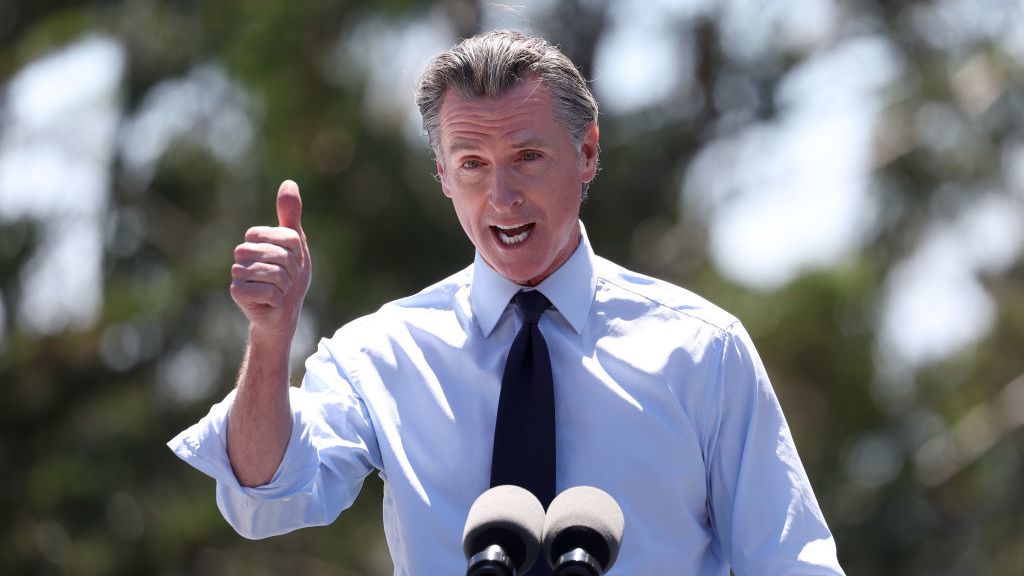MPs form data privacy taskforce to keep pressure on big tech
Committee that branded Facebook ���digital gangsters” seeks to protect society from ‘insidious onslaught of digital disruption’


A committee of MPs that spent 18 months scrutinising large tech firms on disinformation and data privacy have established a parliamentary taskforce to continue its work indefinitely.
The Digital Culture Media and Sport (DCMS) select committee will build on the "knowledge and authority" gained in its 'fake news' inquiry by creating a new sub-grouping focusing specifically on the themes raised.
Its 108-page report, released in February, was particularly critical of Facebook, which it branded "digital gangsters" for obstructing its investigation and being found to violate data privacy laws.
The MPs will continue to build on their findings under the banner of its data privacy sub-committee, seeking to establish this as the UK parliament's "institutional home" for scrutinising big tech.
"As we stated at the time, our report on Disinformation and 'fake news,' was not the final word on the matter," said the DCMS select committee chair Damian Collins MP.
"Since beginning our investigations, tech companies have only shifted superficially in their approach to privacy, and only for the benefit of their own PR.
"It's unacceptable and we must keep up the pressure for them to shift their approach to ensure people and their rights are protected."
Sign up today and you will receive a free copy of our Future Focus 2025 report - the leading guidance on AI, cybersecurity and other IT challenges as per 700+ senior executives
While the 'fake news' inquiry established terms of reference and focused on a clear and singular set of objectives, the sub-committee will live in perpetuity. Instead of honing in on fake news, for instance, the group will take a broad approach to themes such as data privacy and online discourse.
In particular, the sub-committee will aim to "play our part in protecting individuals from the insidious onslaught of disinformation and digital disruption".
First on the agenda, however, is seeking a government response to the committee's February report, and scrutinising its touted proposals to protect against online harms.
"We believe that there's a strong public interest in establishing the Sub-Committee to continue probing ongoing threats posed by disinformation to democracies, a threat that hasn't disappeared with the end of our inquiry," Collins continued.
"We look forward to continuing the highly important work that we have begun."
The sub-committee has been established in the absence of any meaningful action from the government in response to the committee's findings. Specifically, calls for a compulsory code of conduct and a newly established independent regulator have fallen on deaf ears.
In fact, the government's own widely-touted proposals aimed at reigning in the tech sector, dubbed the 'Online Harms' white paper, has been delayed.
The joint-DCMS and Home Office package was set to be announced during winter 2018/19, but there's been no word on its publication since the turn of the year.

Keumars Afifi-Sabet is a writer and editor that specialises in public sector, cyber security, and cloud computing. He first joined ITPro as a staff writer in April 2018 and eventually became its Features Editor. Although a regular contributor to other tech sites in the past, these days you will find Keumars on LiveScience, where he runs its Technology section.
-
 Tech leaders worry AI innovation is outpacing governance
Tech leaders worry AI innovation is outpacing governanceNews Business execs have warned the current rate of AI innovation is outpacing governance practices.
-
 Top data security trends
Top data security trendsWhitepaper Must-have tools for your data security toolkit
-
 The gratitude gap
The gratitude gapWhitepaper 2023 State of Recognition
-
 Meta sues ‘data scraping for hire’ service that collected info on 600k users
Meta sues ‘data scraping for hire’ service that collected info on 600k usersNews Meta says tackling data scraping will require a “collective effort” from platforms and policymakers
-
 Building a data governance strategy in 2023
Building a data governance strategy in 2023In-depth Data governance will continue to expand as attitudes change and businesses look to optimise the value of their data
-
 UK follows EU in securing data deal with South Korea
UK follows EU in securing data deal with South KoreaNews The deal will foster cross-border collaboration between businesses by reducing administrative and financial frictions
-
 Just enough data governance
Just enough data governanceWhitepaper Building program momentum and scale with agility
-
 California curbs big tech with child data privacy bill
California curbs big tech with child data privacy billNews The legislation will expand on the requirements tech companies already face in the state to curb collection of children's personal information

